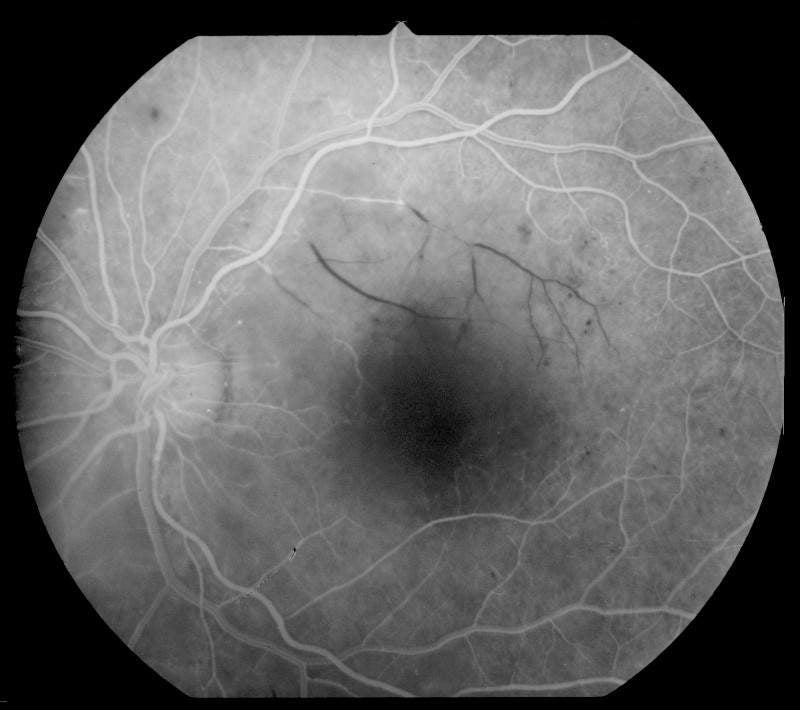
Aerpio Pharmaceuticals has completed enrolling patients for a Phase IIb clinical trial that aims to evaluate the efficacy and safety of AKB-9778 in treating patients with moderate to severe non-proliferative diabetic retinopathy (DR).
The TIME-2b trial is a double-masked, placebo-controlled, multi-centre study.

Discover B2B Marketing That Performs
Combine business intelligence and editorial excellence to reach engaged professionals across 36 leading media platforms.
It has included 167 patients, which have been randomised to receive 48-weeks of treatment with either AKB-9778 15mg subcutaneously once-daily, AKB-9778 15mg subcutaneously twice-daily, or placebo subcutaneously twice-daily.
The trial’s primary objective is the percentage of patients who improve by two or more steps in diabetic retinopathy severity score (DRSS) in the eye under investigation.
The trial’s secondary objectives include evaluation of DRSS improvement in the fellow eye in patients with bilateral disease, proportion of patients who develop diabetic macular edema and/or proliferative diabetic retinopathy, and improvement in renal function.
Valley Retina Institute MD Victor H Gonzalez said: “AKB-9778 is a drug candidate with tremendous potential.

US Tariffs are shifting - will you react or anticipate?
Don’t let policy changes catch you off guard. Stay proactive with real-time data and expert analysis.
By GlobalData“Enrolling 167 patients into this trial in just over seven months speaks to the need for earlier treatment of diabetic eye disease, as well as the need for an alternative to repeated intravitreal injections.”
Gonzalez has enrolled the first patient in the TIME-2b study, with data expected to be released by the second quarter of next year.
Aerpio’s AKB-9778 is currently under development as a subcutaneous injection for the treatment of non-proliferative diabetic retinopathy.
The drug binds to and inhibits vascular endothelial phosphotyrosine phosphatase (VE-PTP), which is the most critical negative regulator of Tie2.
It has previously demonstrated its ability to activate the Tie2 receptor regardless of extracellular levels of its binding ligands, angiopoietin-1 (agonist) or angiopoietin-2 (antagonist).





